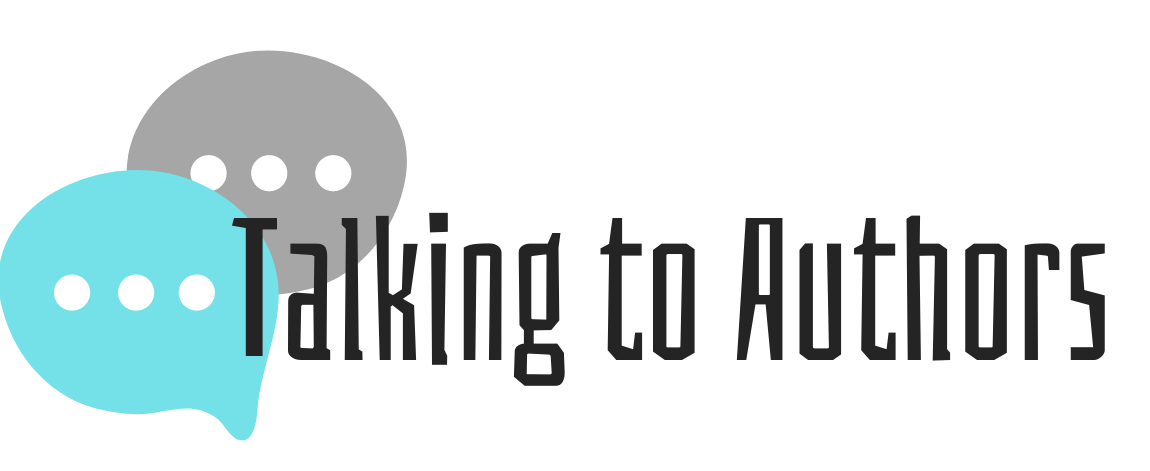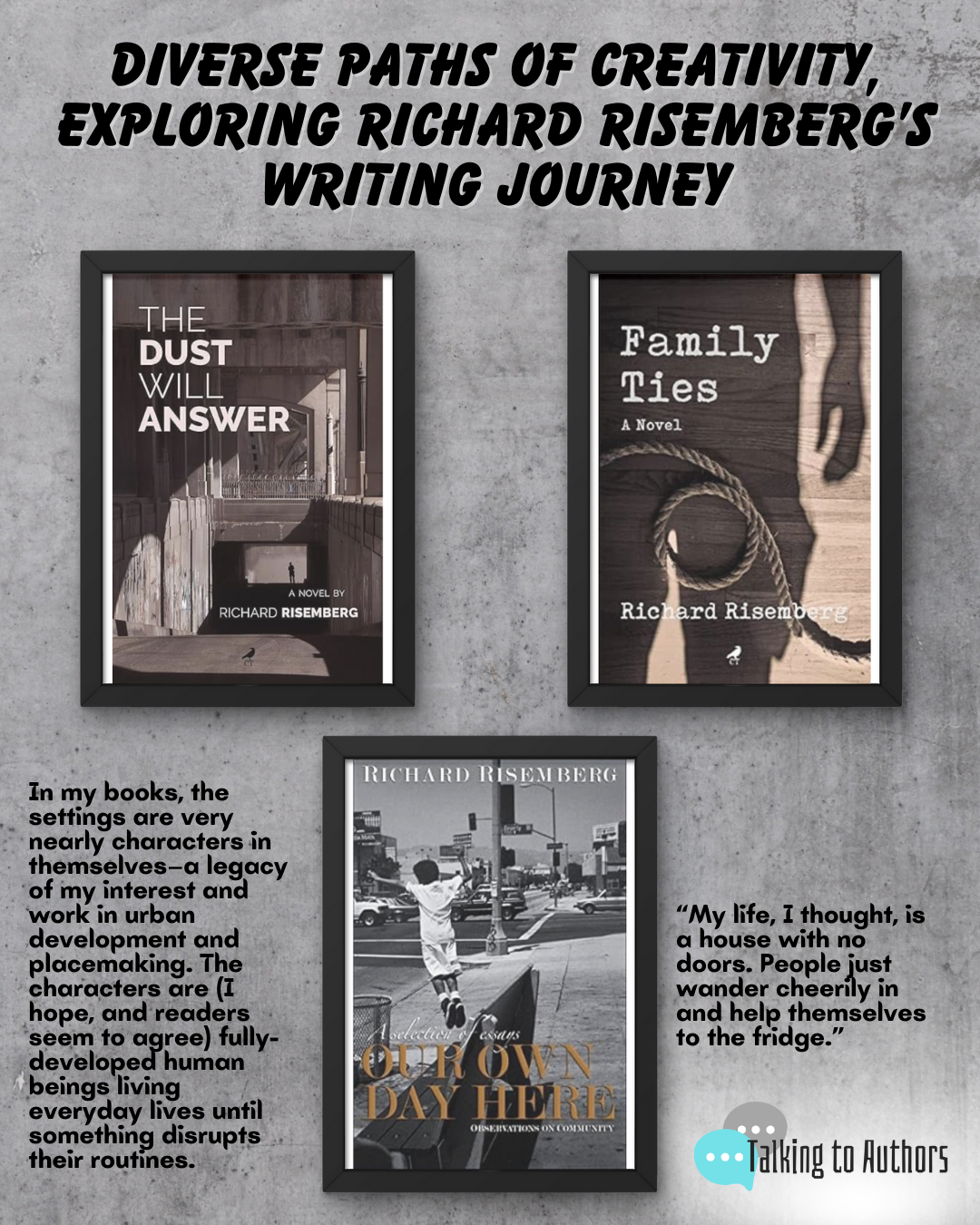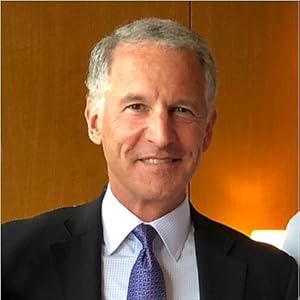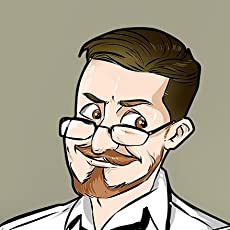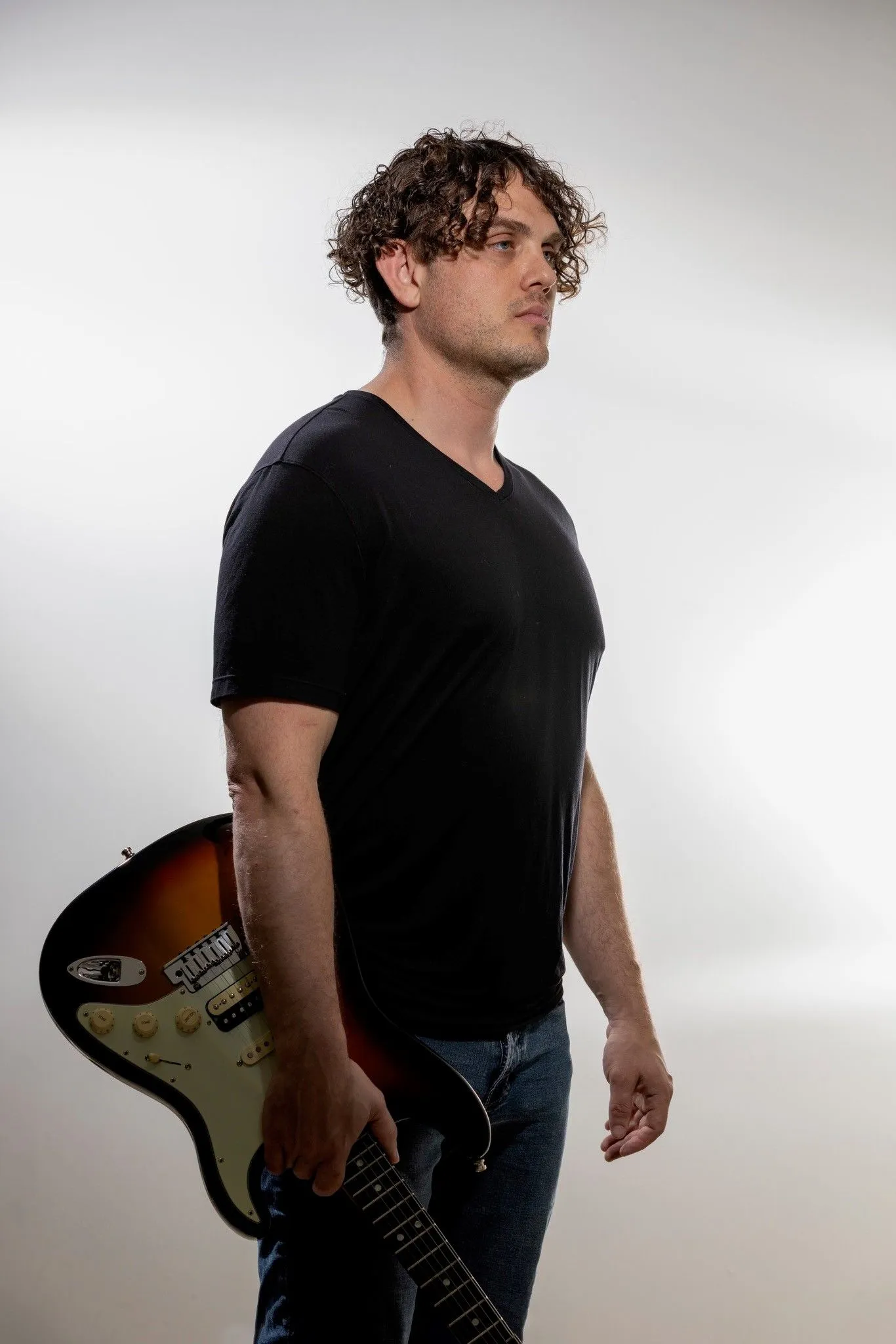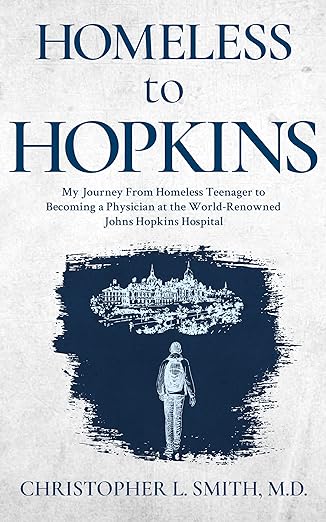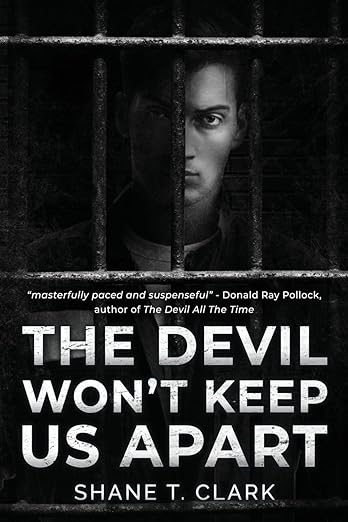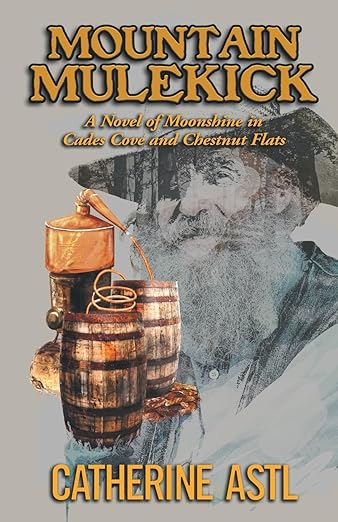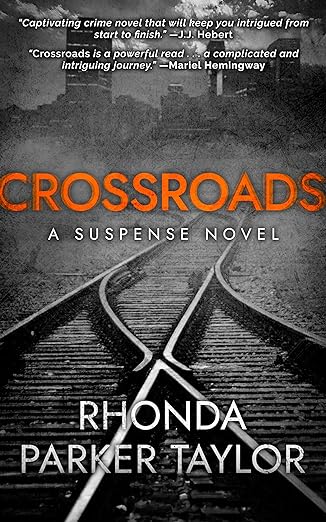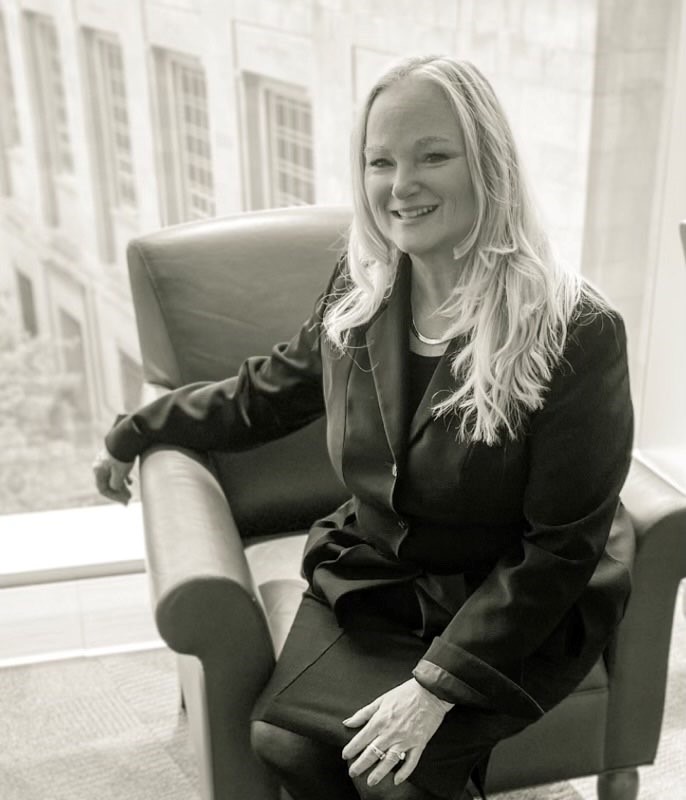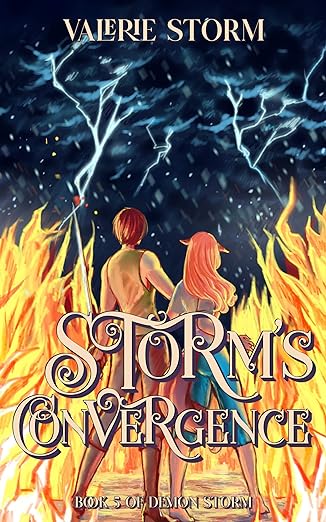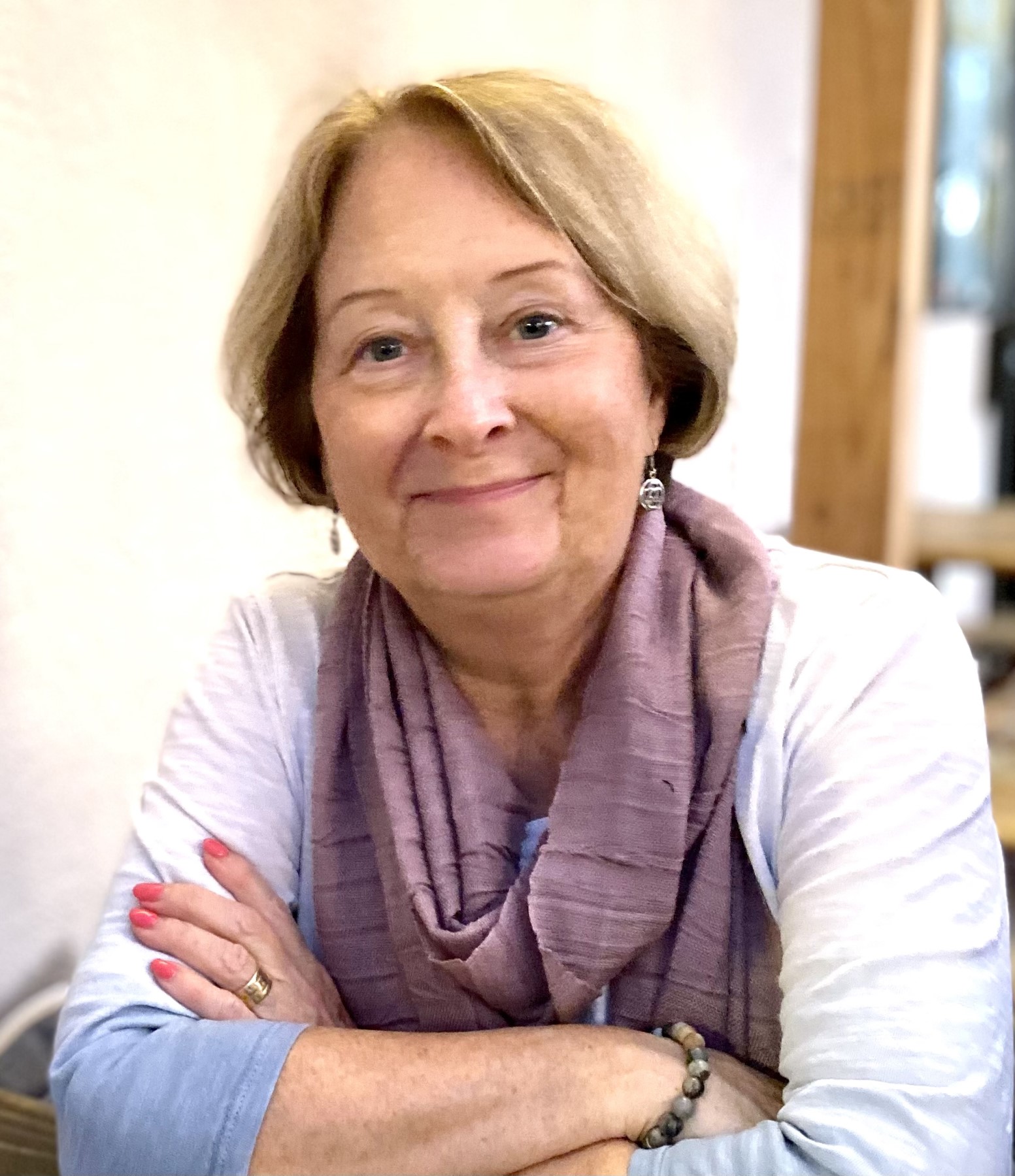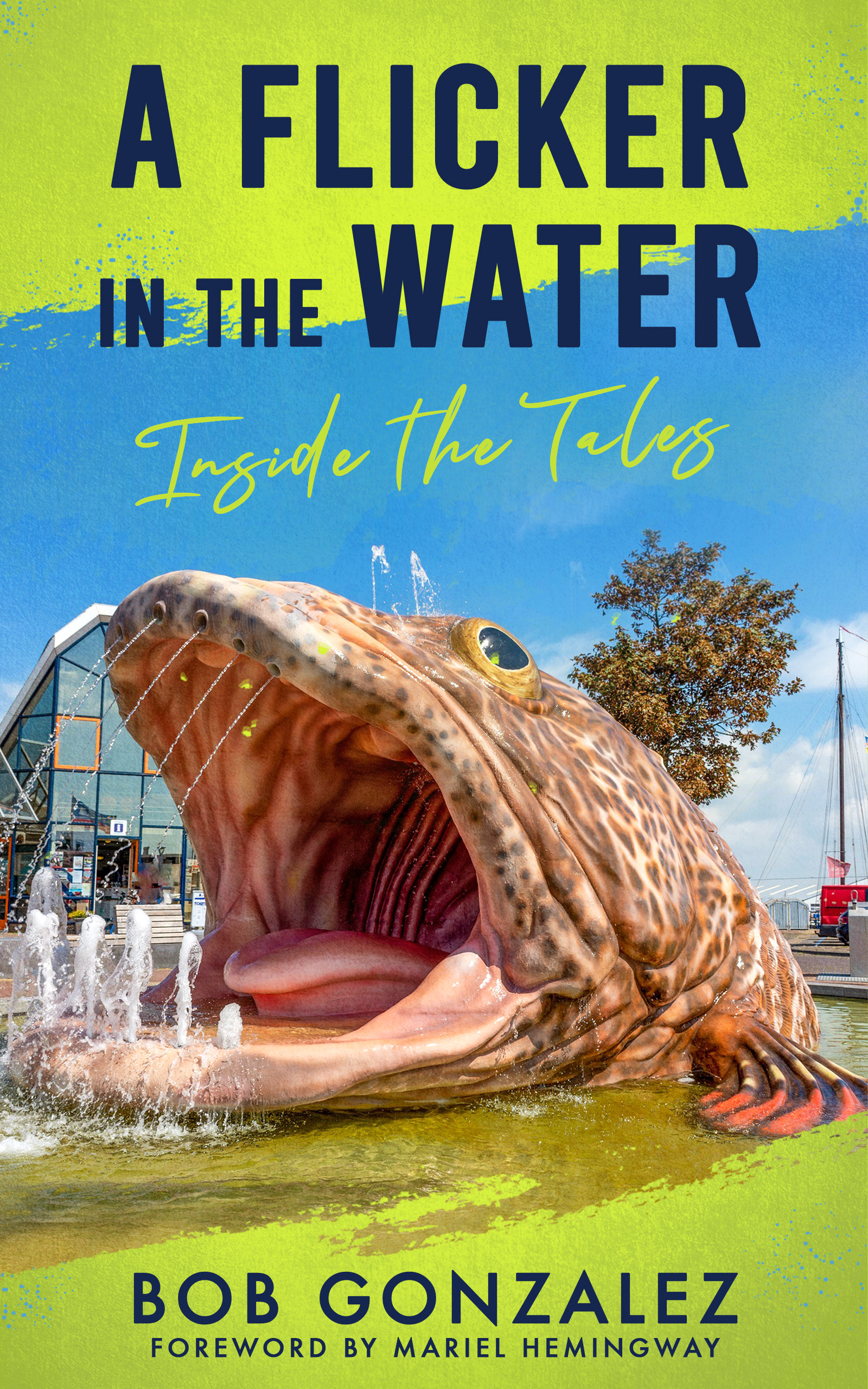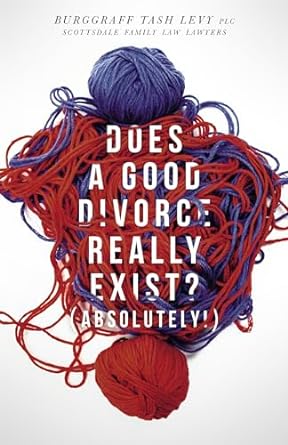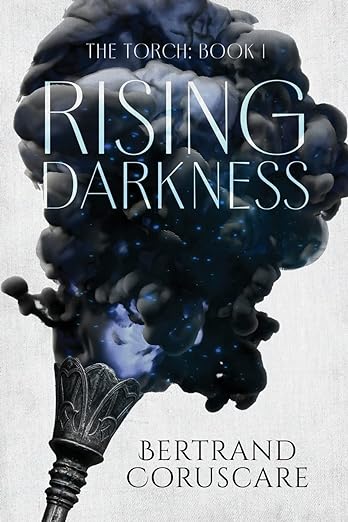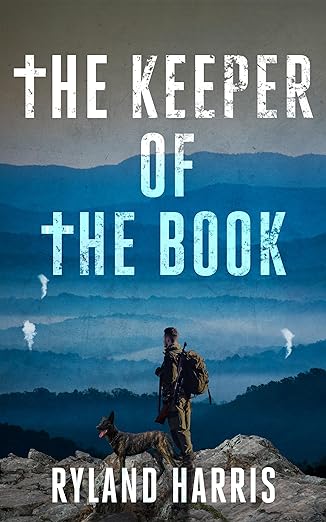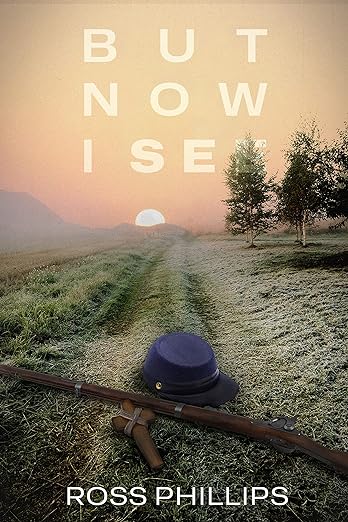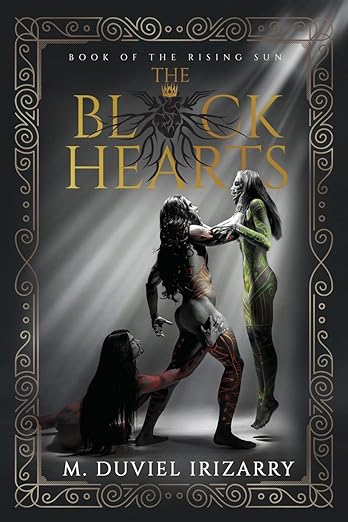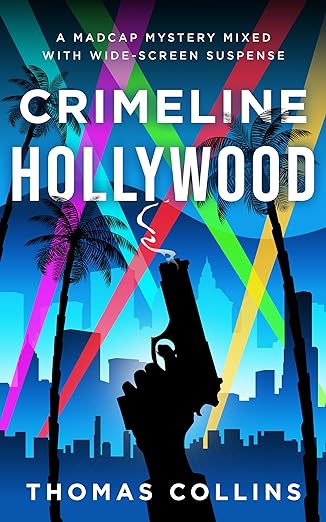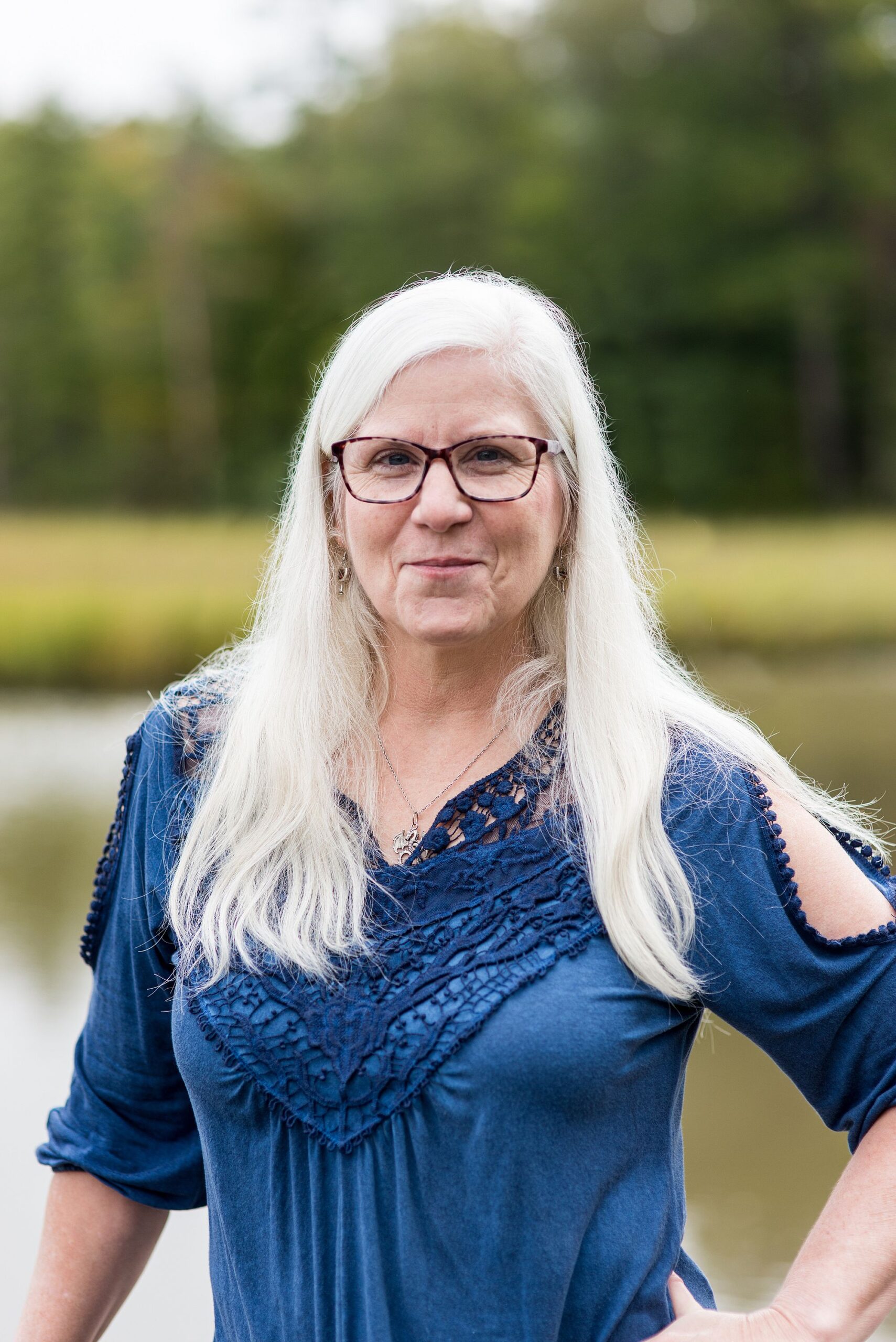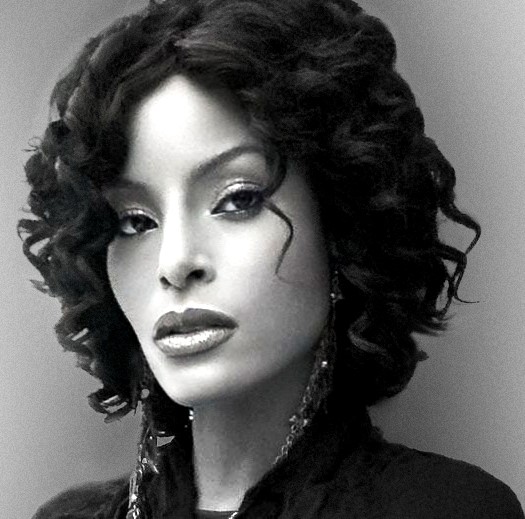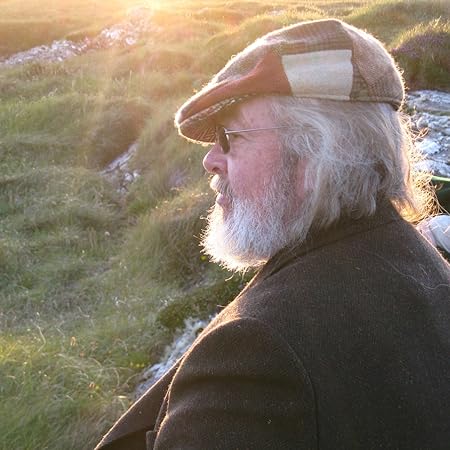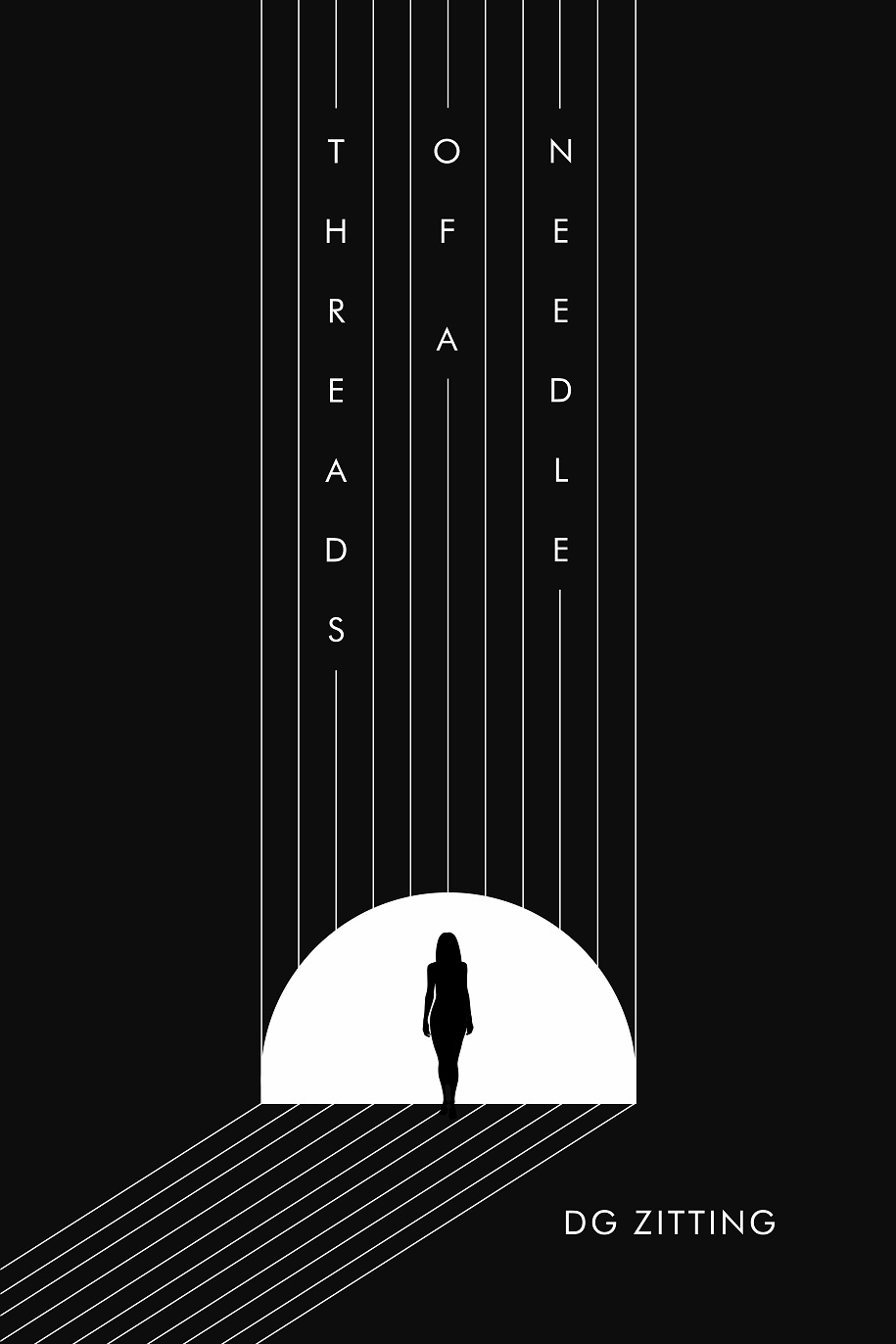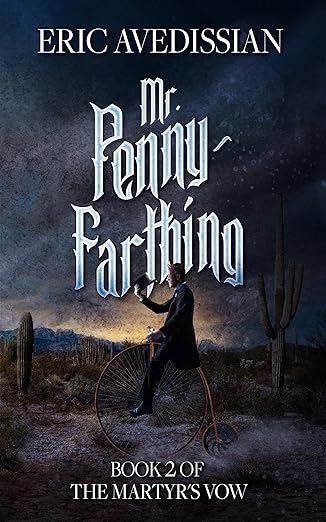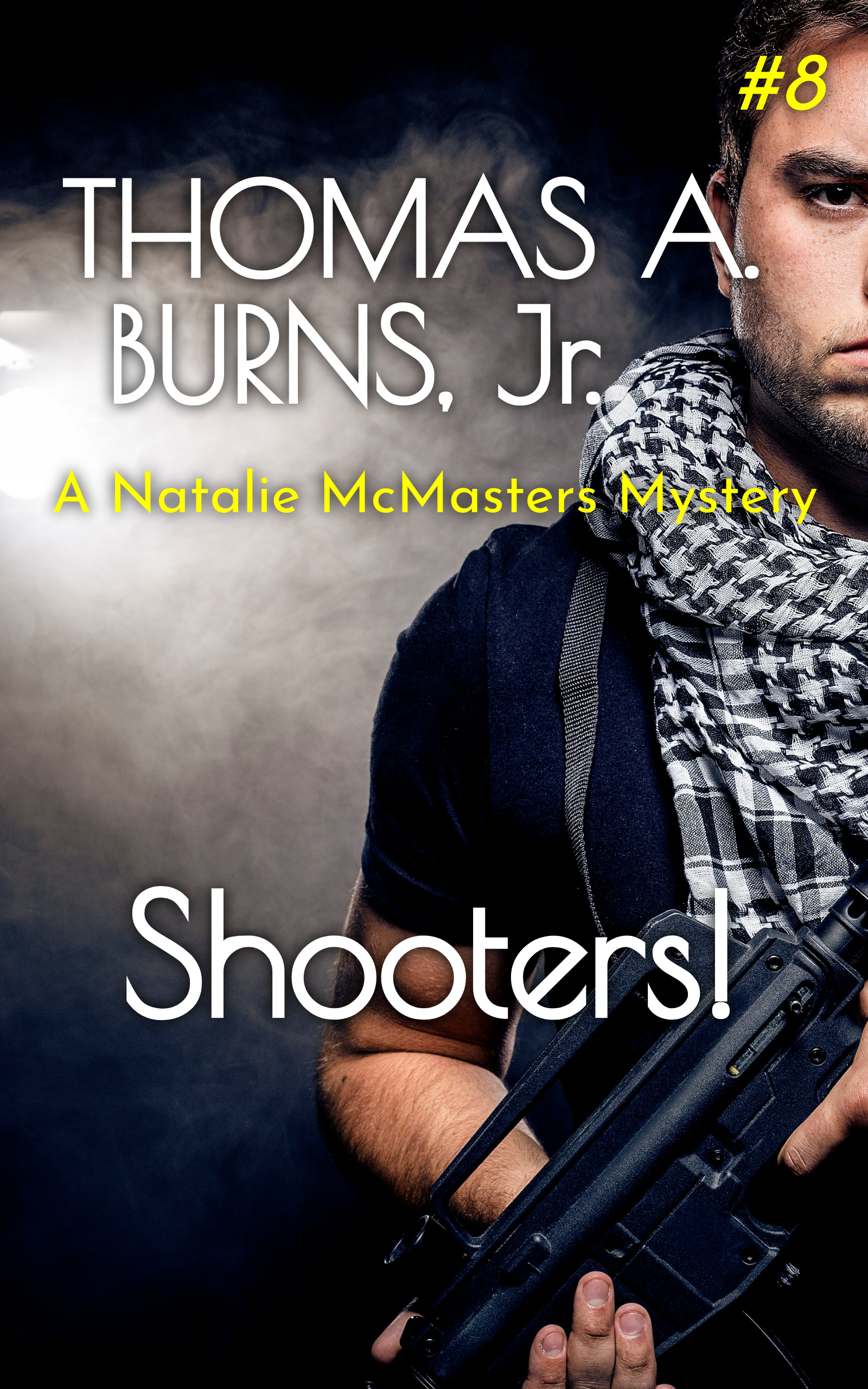Richard Risemberg embarked on his writing journey during his twelfth-grade year when a substitute English teacher introduced a creative writing assignment. Since then, Richard has delved into various forms of self-expression, including photography, graphic design, and their digital fusion. His artistic spirit has led him into the realm of writing, where he has explored poetry, essays, and mysteries, resulting in the publication of three books to date. In this interview, our aim is to look deeper into Richard’s writing career and books, and to uncover the essence of his creative pursuits.
Favorite quote from your book?
“My life, I thought, is a house with no doors. People just wander cheerily in and help themselves to the fridge.” Or: “…all searching for love or mourning it; all jumbled together in the American cauldron, waiting for the warmth in a melting pot gone cold. ”
As a child, what did you want to do when you grew up?
I had no idea… forest ranger and astronomer floated about in my mind for a long time. And of course railroad engineer.
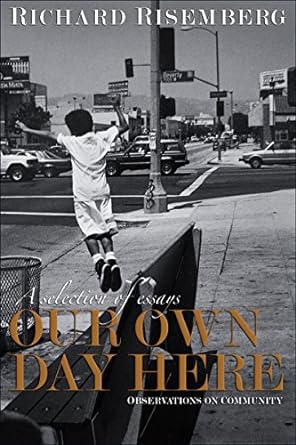 When did you write your first book and how old were you?
When did you write your first book and how old were you?
I wrote my first novels in my early twenties. They were no good, and I have made sure they were obliterated. No point in embarrassing myself any more than I do already. I published a few poems in the time following, but my writing eventually moved to essays, mostly on sustainability and urban development; many of these I’ve collected into my “real” first book, Our Own Day Here.
How did you begin writing? Did you intend to become an author, or do you have a specific reason for writing each book?
I was introduced to writing by, of all things, a substitute English teacher in high school. I had been an obsessive reader since the age of four, but rarely though of writing. Miss Nye’s assignments made me realize I could move to the other side of the page, as it were. Since that time I’ve always wanted to write as well as read. I am a very physical, outdoorsy person, but I also love the inner world of literature and the complexities of human culture, both large-and small-scale. Writing best expresses the strange fractal dazzle these worlds form as they mingle in our minds.
What would you say is your interesting writing quirk?
I’ve discovered, along with many others, that I write best first thing in the morning. Won’t even eat breakfast till I’ve put in my time. This is for fiction writing; contract writing’s a lot easier, and I do it anytime.
Do you like to create books for adults, youth and/or children? Why?
Adults. I’ve written one children’s book, which remains unpublished. My affinity for existential questions and foul vernacular language leave me somewhat unsuited for the kidlit realm.
How many books have you written? Which is your favorite?
I’ve published three: Our Own Day Here, which is a collection of essays, and the two (so far) Lenny Strasser stories, The Dust Will Answer and Family Ties. That last one is my best, but I’d say that certain individual scenes in The Dust Will Answer are, for the moment, among my favorite bits of my own writing. I’m working on a collection of short stories now to release around the end of 2016; one or two of those are among my own favorites, again, for now. I’ll start on another novel within a few weeks.
How long does it take you to write a book?
A full-length novel seems to take me eight to ten months, plus rewrite and editing time after. I could write faster but have a fairly busy life.
How many hours a day to you devote to writing? Do you write a draft on paper or at a keyboard (typewriter or computer)?
I spend one to two hours a day on writing, more if you include paid blogging and other nonfiction bits. I compose on the keyboard, currently a MacBook Air. Computers improved my writing immeasurably, by making corrections, edits, and rewrites tolerable to me. The “Delete” key is especially useful….
What does your family think of your writing?
Current and past wives are highly supportive and very much like the work I’m coming out with lately. I have a number of genuinely enthusiastic readers among the various sets of in-laws. My wife Gina is my first reader and an excellent (trained) cover designer too, which helps. And she is now writing a sci-fi novel herself.
What do you like to do when you’re not writing?
Eat, walk, bicycle, and read. Ideally, bike to a cafe to meet a friend. Take a train somewhere rainy.
What do you think makes a good story?
Good scenes, vivid characters, a story that moves not just through the physical world but through all the parallel emotional dimensions that lie hidden behind plot elements.
What was one of the most surprising things you learned in creating/writing your books?
I was surprised at my facility for dialogue. I don’t know why I expected it to be harder than it turned out to be, but there you have it. Now I purposely write a short story without dialogue now and then to keep myself from using character repartee as a crutch.
What authors do you like to read? What books have had a strong influence on you or your writing?
Hell, there are so many…. Hemingway, Georges Simenon (in French), Susan Straight, Walter Mosley, Ross MacDonald, Tolstoy, Chekov (short stories), Dickens (a great favorite but not an influence), recently Lillian Hellman, the Fitzgerald translations of Homer, the singer Joni Mitchell….
Do you hear from your readers much? What kinds of things do they say?
They love quoting Lenny’s wry observations (Lenny is the narrator/protagonist of my two novels), and they love my scene-setting. In particular, they love the more colorful characters that populate the stories, and speak of them as if they know them.
Where do you get your information or ideas for your books?
I usually start with some incident from my past and spin out all the possibilities, the could-have-beens, till a coherent story takes form.
But sometimes I just make stuff up. I do keep the storylines plausible even when they seem extreme.
Do you have any suggestions to help one become a better writer? If so, what are they?
Write every day, five to six days a week. And don’t be afraid of the “Delete” key!
For a long time I wrote op-eds and short articles with strict word limits. This in itself helped even my long-form writing immeasurably. I still write numerous thousand-word short stories. It is better to understate than to over-write. Patrick Modiano, who recently won the Nobel, has never written a book longer than 220 pages….
Do you meet your readers at book signings, conventions, or similar events?
Book signings, yes.
Tell us about your most recent book.
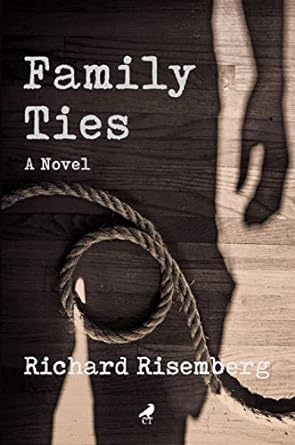 I’ll just glue in the cover blurb here, written mostly by Gina:
I’ll just glue in the cover blurb here, written mostly by Gina:
“A lakeside cabin in the Sierra foothills, a canyon village divided between old coots and laid-back hippies, and a bartender who’s as square as square can be. It’s just an all-too-rare escape from the hustle and bustle of L.A for Lenny and his ex-cop friend and landlord, Red Henshaw, when they arrive in Lake Helena for a weekend of rest and relaxation. Then they notice the couple in the battered van that dogs them everywhere they go….
Still, everything’s calm in the woods—till Red turns up missing. Lenny’s efforts to find his friend succeed in the worst way possible, and it’s up to a motley crew made up of a sex-crazed gallery owner, a squad of gay outlaw bikers, a cop turned short-order cook, and the suave and deadly Uncle Angie—Lenny’s future in-law—to set things straight. If they can.
In this follow-up to The Dust Will Answer, Lenny Strasser, printshop production manager and accidental amateur sleuth, is tossed once more into the deep end of the off-beat to solve a double mystery.”
What’s more important: characters or plot?
Characters. Our lives often lack plot elements, but they never lack characters, including of course ourselves. Human relations, either with each other or with the universe, are the story; plot is the framework that holds it all up for you to see in a book.
How do books get published?
Mine are “independently published,” meaning I have to do everything myself, or find my own contractors to do it. I use the Lulu.com platform for print, Smashwords for e-books, and Amazon for Kindle. Advertising is the big stumbling block; a publisher can afford to wait two years to get its money back from ads. Individuals such as myself rarely can afford to do so. I have two trained editors who so far have been willing to work for free (we met through a nonliterary affinity group), and my wife’s a graphic artist. That makes it considerably less costly to go independent.
Do you write every single day?
Six days a week.
Ballpoint, uniball or fountain pen?
Pilot G2, all the way.
Any writing rituals?
No breakfast till I’ve put in my time on fiction in the dawn’s early light.
What’s the worst job you’ve had?
My most boring job was in an insurance company headquarters. The worst, though, was when I worked for an ignorant know-it-all boss with a penchant for threats and screaming. I quit that second job before I became a subject for someone else’s crime novel. I work part-time now in the Los Angeles Public Library, managing a local adult literacy program. Books and reading, reading and books!
Tell us some more about your books.
In my books, the settings are very nearly characters in themselves–a legacy of my interest and work in urban development and placemaking. The characters are (I hope, and readers seem to agree) fully-developed human beings living everyday lives until something disrupts their routines. They then seek harmony, which often requires a passage through dissonance to achieve. They are often wrong. some of them fail, some die. Love is tested and sometimes endures, sometimes not. And sometimes it’s hard to tell the difference between justice and vengeance….
Are you planning to adapt any of your stories to the screen?
Hollywood would ruin the stories, and anyway screenwriting is not a craft I know. If someone offers me the money, I’ll take it and close my eyes to the result.
How hard is it to establish and maintain a career in writing?
Damned hard.
Any last thoughts for our readers?
Keep writing keep reading, and don’t hide from everyday life, because that’s where everything happens.
Find the Author
The Dust Will Answer
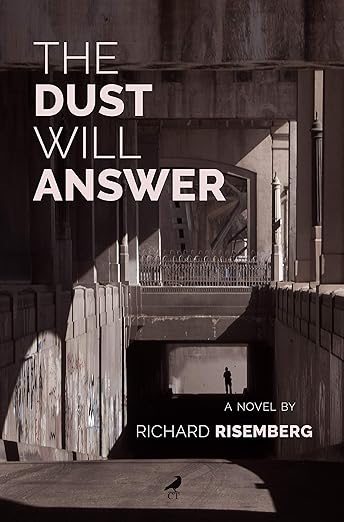 1978: The wave of gentrification has yet to break over downtown Los Angeles, and vast swathes of the warehouse district lie nearly abandoned by the sterile trench of the city’s concrete-clad river.
1978: The wave of gentrification has yet to break over downtown Los Angeles, and vast swathes of the warehouse district lie nearly abandoned by the sterile trench of the city’s concrete-clad river.
Lenny Strasser, a straight-arrow type with a taste for shady places, plunges into that world to discover that sometimes the only distance between two points is a very crooked line. When Lenny’s friend Dave Larrabee nags him into helping him track down a missing girlfriend, Lenny suspects that the girl doesn’t want to be found. He knows her all too well: she was his before she was Dave’s, and she’d gone gleefully missing from his life one time too many. Worse, he’s not entirely sure he’s over his feelings for the theatrical and self-centered Kate.
But this time it wasn’t one of her ordinary infidelities–she may have fallen, again, into the hands of the charismatic Nighthawk, who could lead her into territories where the danger is real and role-playing no protection from harm.
The quest takes them into hobo jungles and punk squats by the LA River–and into an after-midnight darkness of moral ambiguity that changes Lenny’s life in ways he’d never dreamed of.
